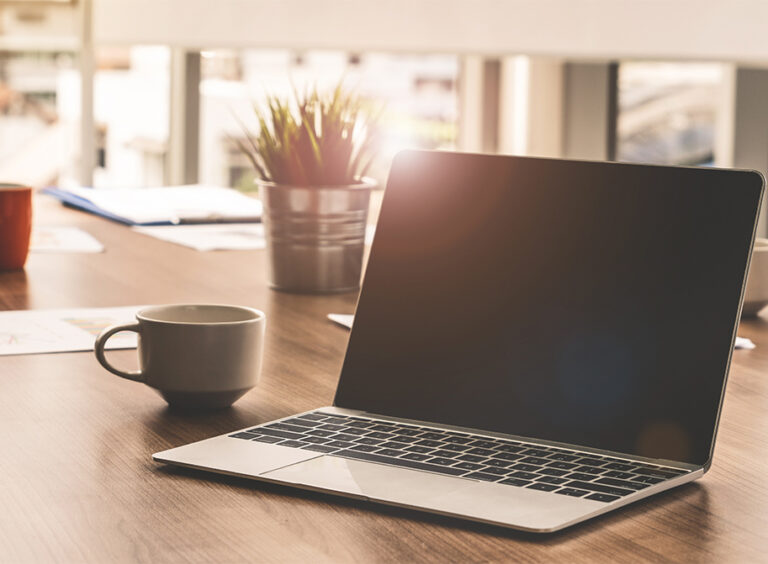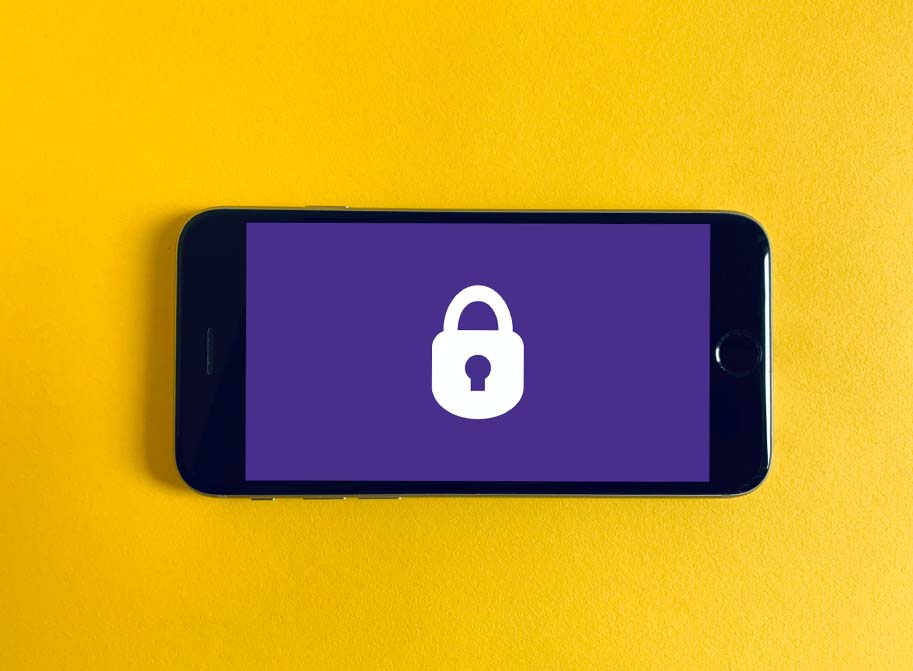Have you noticed how often security breaches, stolen data, and identity theft are front-page news these days? Perhaps you, or someone you know, are a victim of cyber criminals who stole personal information, banking credentials, or more. As these incidents become more prevalent, you should consider using multi-factor authentication, also called strong authentication, or two-factor authentication. This technology may already be familiar to you, as many banking and financial institutions require both a password and one of the following to log in: a call, email, or text containing a code. By applying these principles of verification to more of your personal accounts, such as email, social media, and more, you can better secure your information and identity online!
Table of Contents
What Is Multi-Factor Authentication?
Multi-factor authentication (MFA) is defined as a security process that requires more than one method of authentication from independent sources to verify the user’s identity. In other words, a person wishing to use the system is given access only after providing two or more pieces of information which uniquely identifies that person.
How It Works
There are three categories of credentials: something you either know, have, or are. Here are some examples in each category.
- Something Your Know: Password/Passphrase, PIN
- Something You Have: Security Token or App, Verification Text, Call, Email, Smart Card
- Something You Are: Fingerprint, Facial Recognition, Voice Recognition
To gain access, your credentials must come from at least two different categories. One of the most common methods is to login using your username and password. Then a unique one-time code will be generated and sent to your phone or email, which you would then enter within the allotted amount of time. This unique code is the second factor.
When Should It Be Used
MFA should be used to add an additional layer of security around sites containing sensitive information or whenever enhanced security is desired. MFA makes it more difficult for unauthorized people to log in as the account holder. According to the National Institute of Standards and Technology (NIST), MFA should be used whenever possible, especially when it comes to your most sensitive data—like your primary email, financial accounts, and health records. Some organizations will require you to use MFA; with others it is optional. If you have the option to enable it, you should take the initiative to do so to protect your data and your identity.
Activate MFA On Your Accounts Right Away
To learn how to activate MFA on your accounts, head to the Lock Down Your Login site, which provides instructions on how to apply this stronger form of security to many common websites and software products. If any of your accounts are not listed on that resource site, log in to that account and look the account settings or user profile and check whether MFA is an available option. If you see it there, consider implementing it right away! Usernames and passwords are no longer sufficient to protect accounts with sensitive information. By using multi-factor authentication, you can protect these accounts and reduce the risk of online fraud and identify theft. Consider also activating this feature on your social media accounts.
Contact the Solution Builders Cyber Security Team
Every October, Cybersecurity Awareness Month continues to raise awareness about the importance of cybersecurity across our Nation. Led by the Cybersecurity and Infrastructure Security Agency (CISA) and the National Cybersecurity Alliance (NCSA), Cybersecurity Awareness Month shares messages and weekly themes of the importance of staying safe online. The evergreen theme – Do Your Part. #BeCyberSmart – encourages individuals and organizations to own their role in protecting their part of cyberspace, stressing personal accountability, and the importance of taking proactive steps to enhance cybersecurity.
Cyber Security is important to Solution Builders, and we are committed to helping our clients become more resilient. Let us know how we can help your organization.
Resources





 Published: September 16, 2021
Published: September 16, 2021